BALTIC STUDENT CONFERENCE BRIDGES IN THE BALTICS
Warsaw 2016
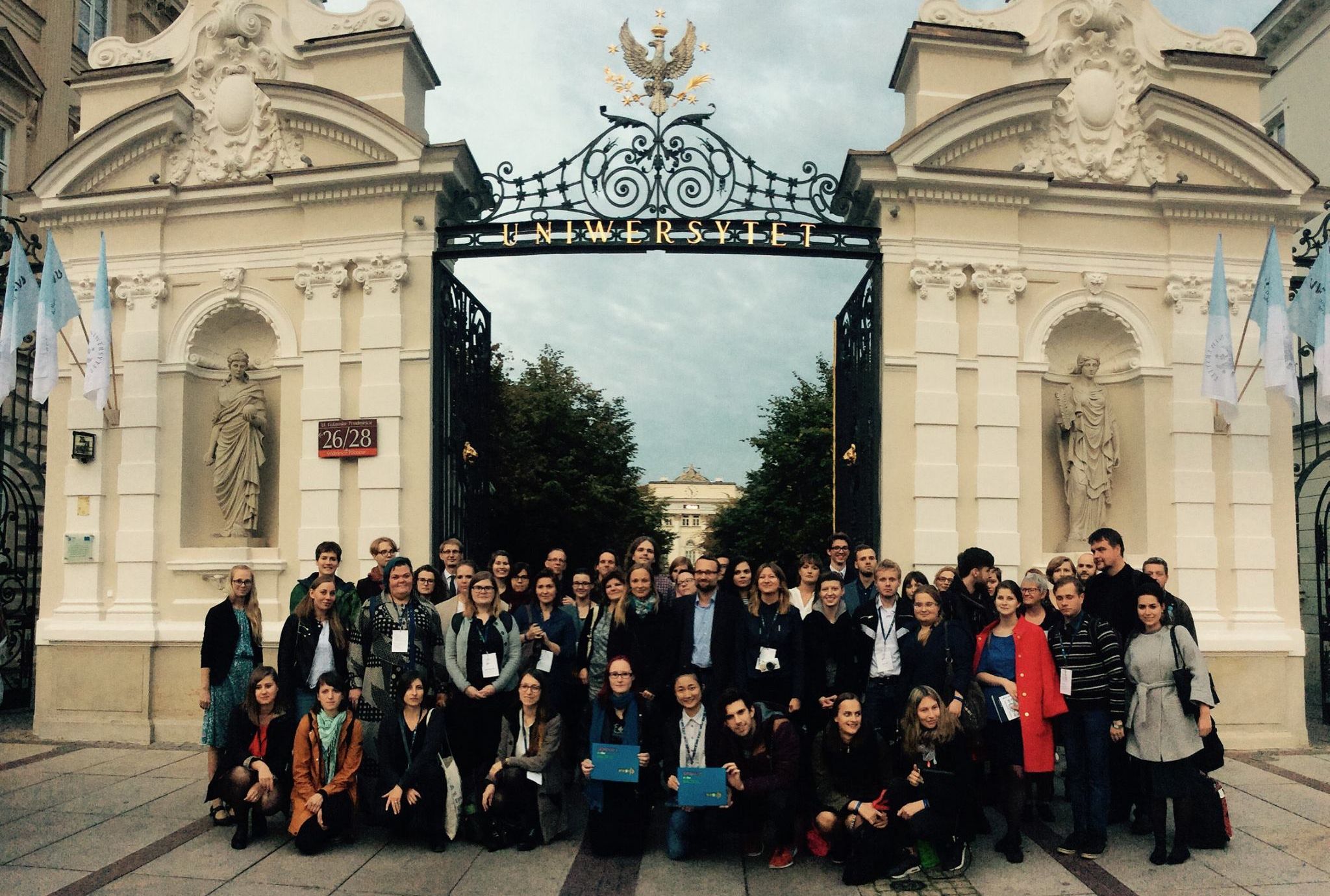 4th Baltic Student Conference “Bridges in the Baltics” took place in Warsaw (Poland) on September 30th–October 1st 2016 and was organized by the Subdepartment of Baltic studies at the University of Warsaw and University of Tartu.
4th Baltic Student Conference “Bridges in the Baltics” took place in Warsaw (Poland) on September 30th–October 1st 2016 and was organized by the Subdepartment of Baltic studies at the University of Warsaw and University of Tartu.
Presentations were given by 58 students from 8 countries (Estonia, Latvia, Lithuania, Poland, UK, Hungary, France, Russia)
PLENARY SPEAKERS
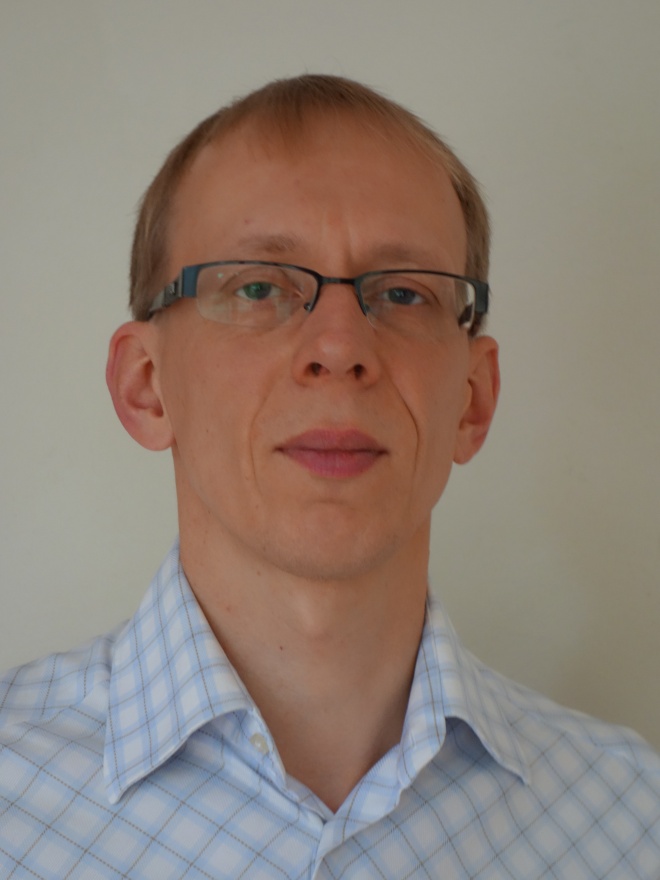 Karlo Funk is the managing director of Estonian Institute. After studying history and philosophy he worked as an editor in several newspapers and a TV channel in Estonia, mainly writing on film and culture. In 2001 he was invited to join Estonian Film Foundation, being responsible for international relations, festivals and film markets. Work as film commissioner responsible for development and production followed. For six years Karlo Funk acted as national representative in coproduction fund Eurimages of European Council. He has been heading the Estonian Institute, cultural institute for introducing Estonian culture, since 2013.
Karlo Funk is the managing director of Estonian Institute. After studying history and philosophy he worked as an editor in several newspapers and a TV channel in Estonia, mainly writing on film and culture. In 2001 he was invited to join Estonian Film Foundation, being responsible for international relations, festivals and film markets. Work as film commissioner responsible for development and production followed. For six years Karlo Funk acted as national representative in coproduction fund Eurimages of European Council. He has been heading the Estonian Institute, cultural institute for introducing Estonian culture, since 2013.
-
Conference abstract “Estonian film: 25 years of industry, art and creating history”. The presentation provides an overview of the development and dynamics of Estonian cinema during 25 years since early 1990s. The process can be characterized as interplay between several cultural and economic trends. The main thread can be identified as tension between the traditional concept of art film and economic necessities of film production. Avoiding clear-cut genre limitations, Estonian cinema has built an audience support by inventing its own successful models, some of which are characteristic to all Baltic countries. Despite transnational nature of film production, quite often the successful films have combined familiar story and aesthetic elements in an unexpected way. The presentation describes the basic forming processes, identifies influental films and movements, and introduces some key filmmakers.
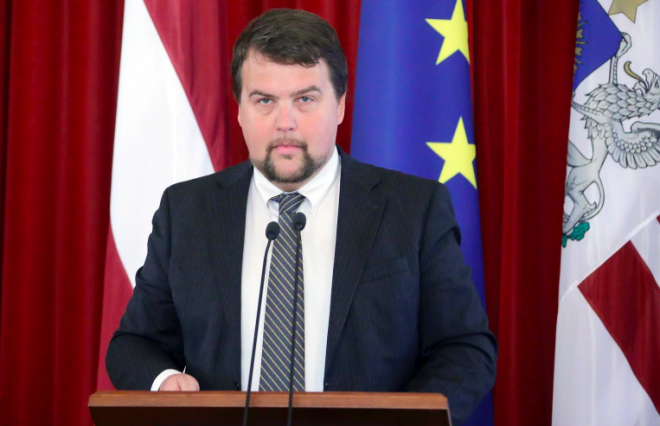 Ivars Ijabs is a Latvian political scientist, translator, and cultural commentator, Associate Professor of political science at the University of Latvia. His main research interests include history of political ideas, nationalism, and interethnic relations. He has authored several books, as well as many scholarly articles on the development of Latvian nationalism, the Baltic German legacy, and leftist ideas in Latvia at the turn of 20th century. Ijabs studied philosophy and political science in Latvia, Germany, and Iceland; in 2010 he was Fulbright visiting scholar at Rutgers, State University of New Jersey (USA). He currently serves as a Vice President for Professional Development of the Association of Advancement of Baltic Studies (AABS), and is a member of the Commission of Legal Reform under the Auspices of the President of Latvia.
Ivars Ijabs is a Latvian political scientist, translator, and cultural commentator, Associate Professor of political science at the University of Latvia. His main research interests include history of political ideas, nationalism, and interethnic relations. He has authored several books, as well as many scholarly articles on the development of Latvian nationalism, the Baltic German legacy, and leftist ideas in Latvia at the turn of 20th century. Ijabs studied philosophy and political science in Latvia, Germany, and Iceland; in 2010 he was Fulbright visiting scholar at Rutgers, State University of New Jersey (USA). He currently serves as a Vice President for Professional Development of the Association of Advancement of Baltic Studies (AABS), and is a member of the Commission of Legal Reform under the Auspices of the President of Latvia.
Conference abstract “Social Integration and the New Security Challenges: Latvian Perspectives”. The Russian annexation of Crimea and support for separatism in the Ukrainian region of Donbas has substantially changed the security situation in Europe. The impact of this crisis extends far beyond diplomatic and military considerations. It also affects the domestic situation, especially in the countries with large Russian-speaking minorities, like Latvia and Estonia. Despite considerable success of the integration policies, there still are important challenges in this field, especially concerning the democratic values and political attitudes. This presentation will address these concerns as well as make some suggestions about future developments.
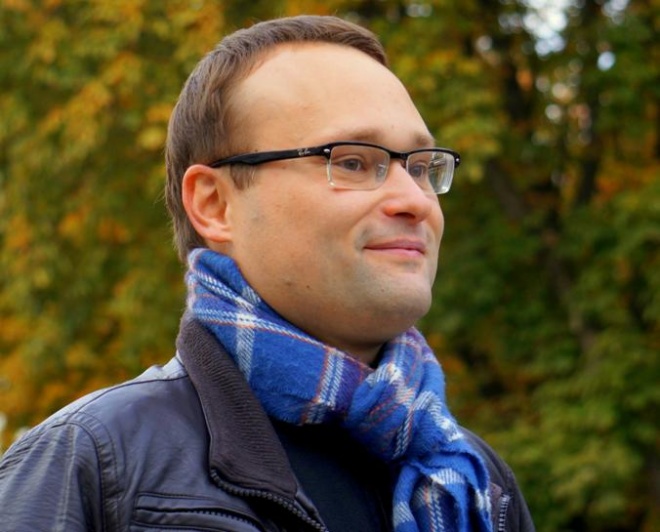 Mindaugas Kvietkauskas is a literary historian, essayist and translator. Since 2008 he is a director of the Lithuanian Literature and Folklore Institute in Vilnius. Kvietkauskas acquired Ph.D. at the Department of Lithuanian Literature, Vilnius University, in 2006. He pursued Jewish studies at the University of Oxford, Centre for Hebrew and Judaic Studies (2002-2003). His doctoral thesis The Multinational Literary Modernism in Vilnius 1904-1915 was awarded the Best 2006 Doctoral Dissertation in Lithuanian Humanities and Social Sciences Prize by Gebert Ruef Stiftung. In 2011, he was awarded an International Czesław Miłosz Year Prize for his study on Czeslaw Milosz (together with Prof. Viktorija Daujotytė). Kvietkauskas did his research as an academic visitor at the YIVO Institute in New York, Yale University, the University of Cracow, the Moses Mendelssohn Centre in Leipzig. He has published several books of translations, which include Polish poetry and essays by Adam Mickiewicz, Czesław Miłosz, and Wisława Szymborska, and Yiddish poetry and prose by Abraham Sutzkever. His book of literary essays The Port Fugue (Uosto fuga) is due to be published in 2016.
Mindaugas Kvietkauskas is a literary historian, essayist and translator. Since 2008 he is a director of the Lithuanian Literature and Folklore Institute in Vilnius. Kvietkauskas acquired Ph.D. at the Department of Lithuanian Literature, Vilnius University, in 2006. He pursued Jewish studies at the University of Oxford, Centre for Hebrew and Judaic Studies (2002-2003). His doctoral thesis The Multinational Literary Modernism in Vilnius 1904-1915 was awarded the Best 2006 Doctoral Dissertation in Lithuanian Humanities and Social Sciences Prize by Gebert Ruef Stiftung. In 2011, he was awarded an International Czesław Miłosz Year Prize for his study on Czeslaw Milosz (together with Prof. Viktorija Daujotytė). Kvietkauskas did his research as an academic visitor at the YIVO Institute in New York, Yale University, the University of Cracow, the Moses Mendelssohn Centre in Leipzig. He has published several books of translations, which include Polish poetry and essays by Adam Mickiewicz, Czesław Miłosz, and Wisława Szymborska, and Yiddish poetry and prose by Abraham Sutzkever. His book of literary essays The Port Fugue (Uosto fuga) is due to be published in 2016.
Conference abstract “The Dialogue with the Neighboring Other in the Early 20th Century Jewish Literature of Lithuania”. The attempt to explore the multinational literary heritage of Lithuania through cross-cultural comparative research is an intensely developing tendency among literary and art historians. Yiddish literature, written by the Litvak (or the Lithuanian Jewish) authors, has been included in these manifold research projects only in the recent years. Any study of such culturally diverse discourses as literary texts by Lithuanian, Polish, Jewish, Belarusian and Russian authors raises complex methodical questions about the means and channels of cultural communication within the multinational society, and about the development of its modern national conflicts. These questions gain additional poignancy in the face of the contemporary challenges for the European multiculturalism. The problem for the literary historian is: how were literary texts involved in the tense communication between different cultural groups, and how did they define, regulate, suspend or enact the forms of such communication? How did literary texts answer the challenge of the cultural Other in the particular space and under the particular socio-political circumstances? What possibilities for the interaction of different identity narratives did they design through the fictional play of images and metaphors? The present paper will discuss a relatively small and specific fragment of the multilingual literature in Lithuania concentrating on the Yiddish literature of the early 20th century. This literature included a special tendency towards the cooperation and dialogue with the neighbouring national cultures (i.e. Lithuanian, Polish and Belarusian) and the wish to discover their folk and historical traditions. Several authors of this trend – an essayist Uriah Katzenelenbogen, a playwright Aron Vayter, poets Leib Naydus and Moyshe Kulbak – created representative scenes of the meeting and communication between the members of these cultural groups, and sought integration of their different narratives of identity. The paper will discuss the possibilities and failures of a cross-cultural dialogue emerging in these texts.
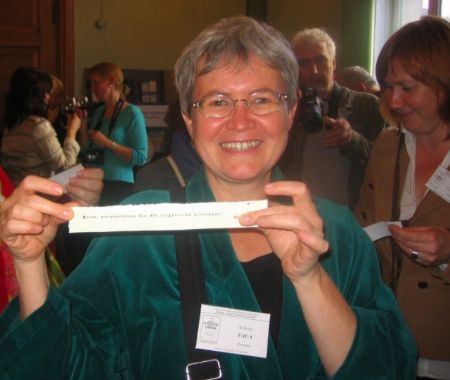 Nicole Nau is professor of Baltic languages and general linguistics at the Institute of Linguistics of Adam Mickiewicz University in Poznan. Her research interests include grammar in spoken and written texts, language typology, language contact, language planning, and second language learning and teaching. More information on her homepage at http://naunicol-e.home.amu.edu.pl/.
Nicole Nau is professor of Baltic languages and general linguistics at the Institute of Linguistics of Adam Mickiewicz University in Poznan. Her research interests include grammar in spoken and written texts, language typology, language contact, language planning, and second language learning and teaching. More information on her homepage at http://naunicol-e.home.amu.edu.pl/.
Conference abstract “Why study Baltic fairy tales? A linguist’s point of view”. In this talk I want to highlight the value of traditional folktales for linguistic analysis and interdisciplinary research. In the late 19th and early 20th century, not only ethnographers, but also linguists were collecting folktales in the Baltic countries. Noteworthy, among many others, are the collections of Lithuanian fairy tales by the renowned linguists August Schleicher, August Leskien and Karl Brugmann; the collection of Estonian tales by Jakob Hurt, who was both a folklorist and a linguist; or the unique collection of folktales from an Estonian language island in Latvia (Lutsi) by Oskar Kallas. Folklore texts of this time are generally the earliest coherent documents of spoken varieties of Estonian, Latvian, Livonian, Latgalian, and Lithuanian. They are still invaluable sources for the study of dialects and of language history. Fairy tales are especially important, as their language is closer to everyday speech than that of folk songs, and they provide a much better base for the study of syntax. The wording is less fixed than in other forms of folklore, and we often find variations of constructions which are interesting to study. Tales easily travel among different linguistic communities and provide rich material for the investigation of cultural and language contacts. As a genre, folktales are a special type of oral narratives. They are characterized by both universal and language specific features and techniques. Based on my research on Latgalian fairy tales, I will discuss examples of linguistic devices for structuring the text, creating scenes, foregrounding and backgrounding events, and representing different voices. I argue that these techniques originate from the oral delivery of the story – the telling makes the tale and breeds grammar.


